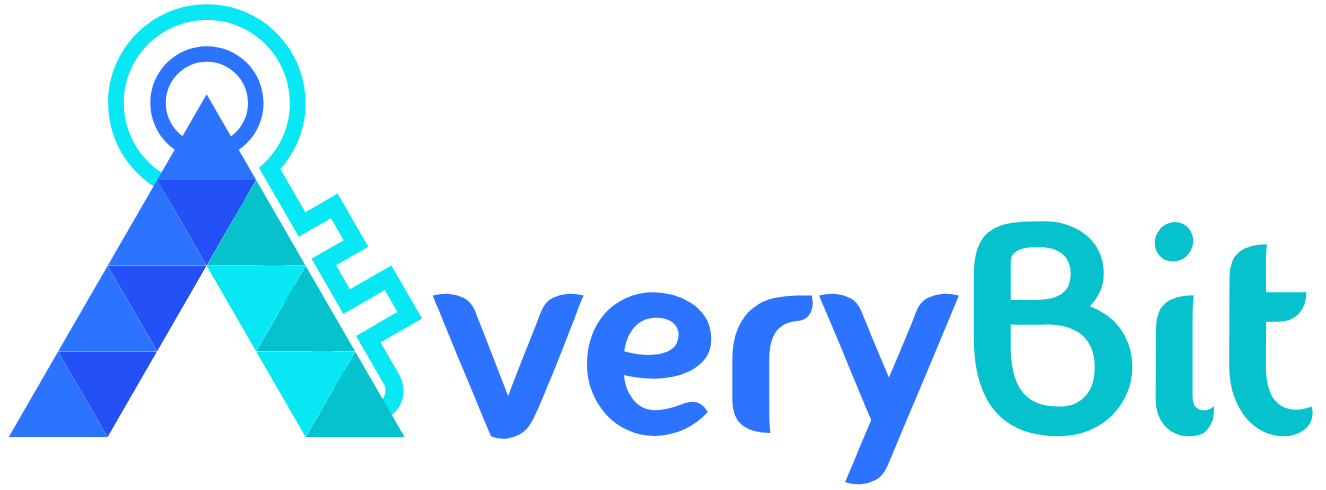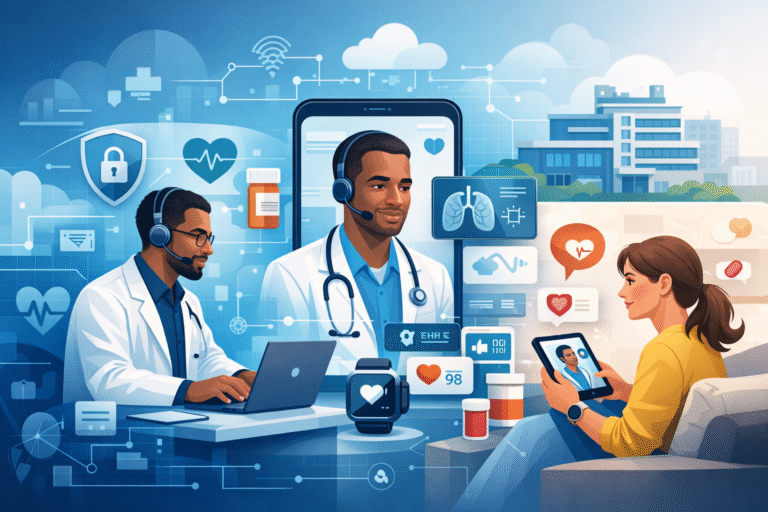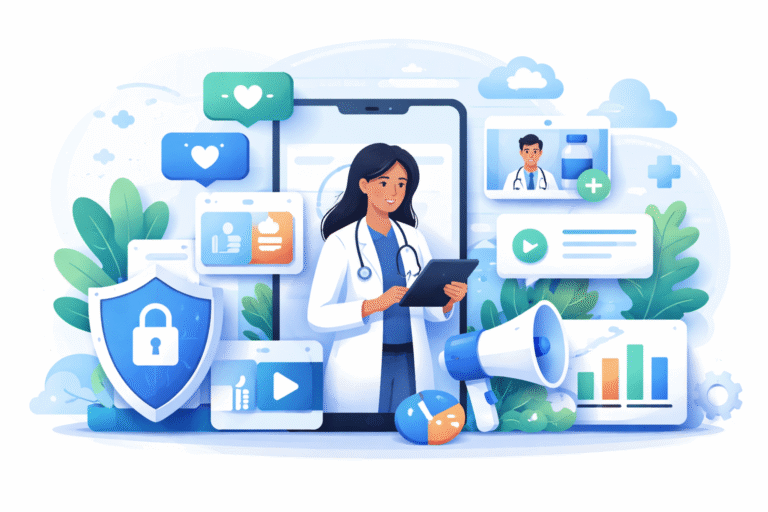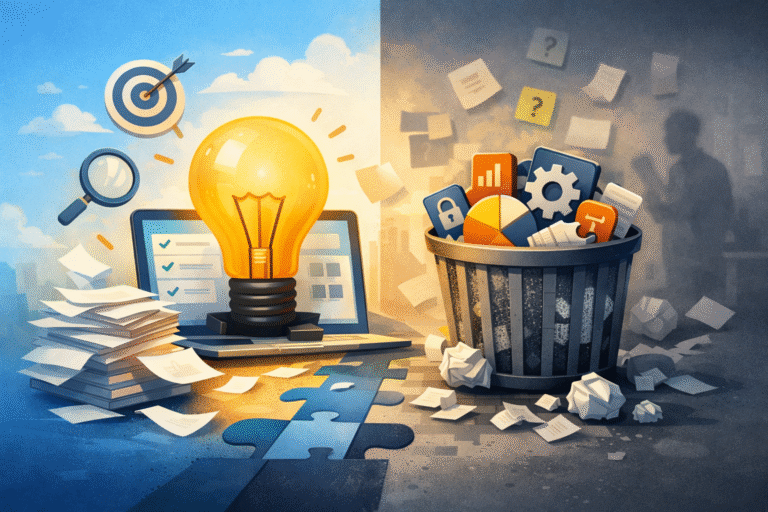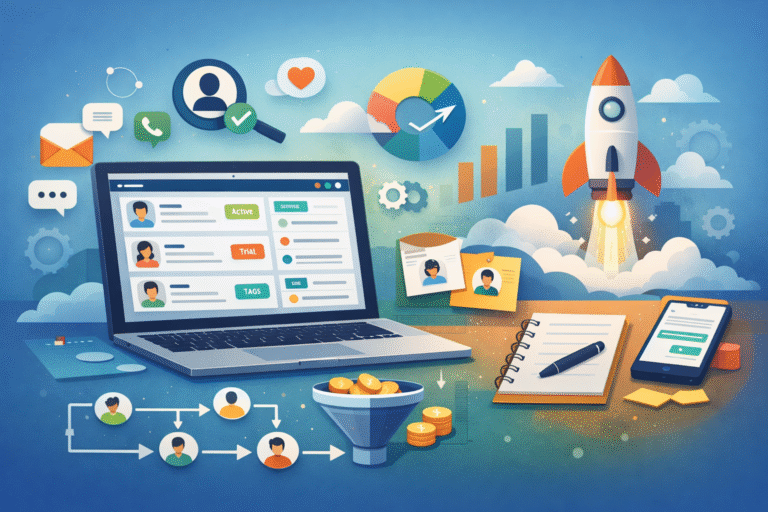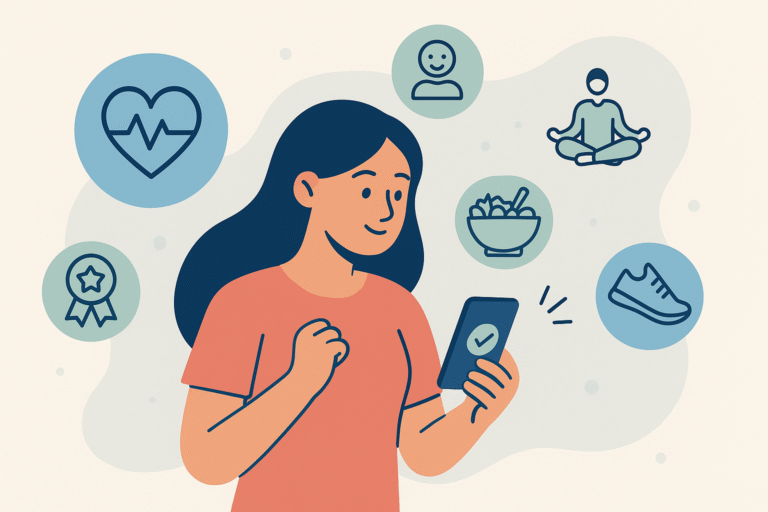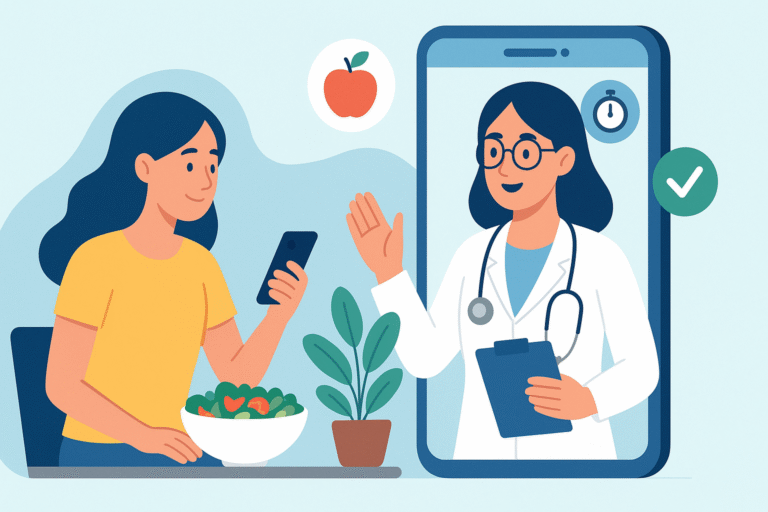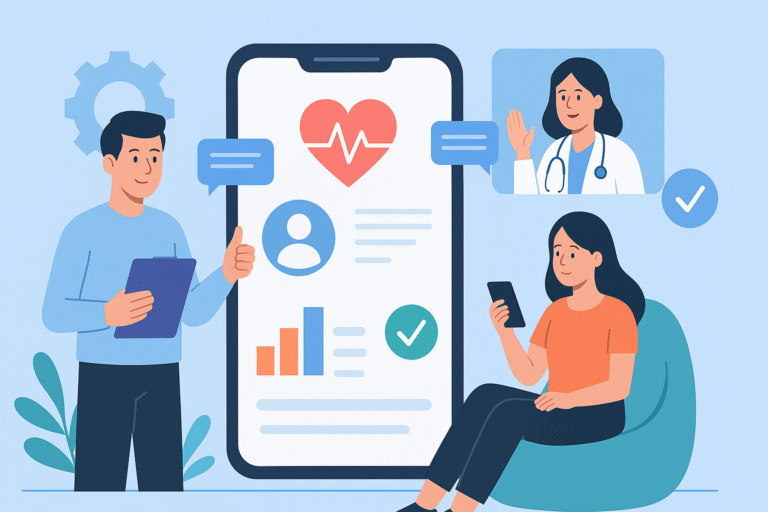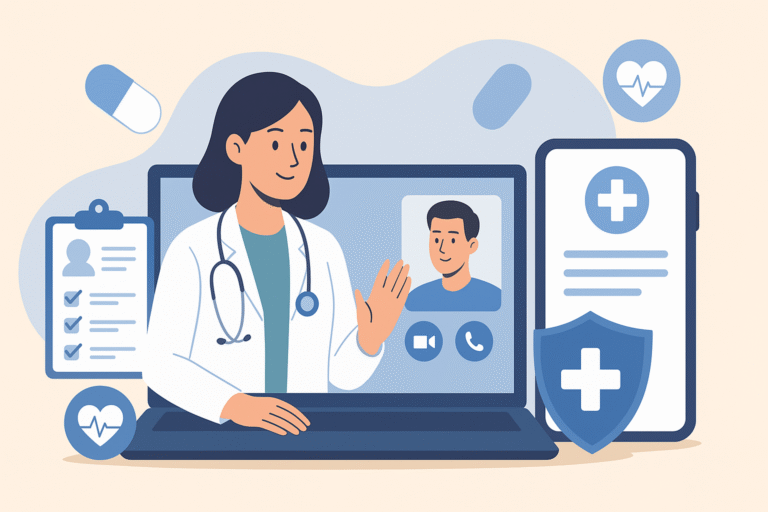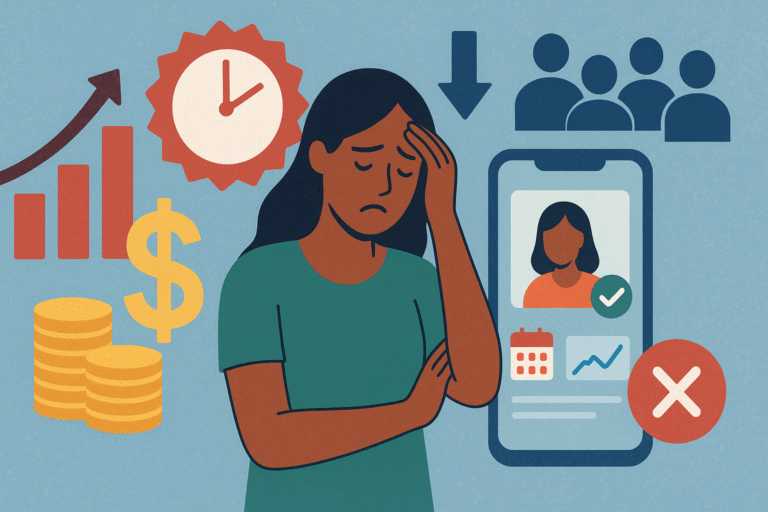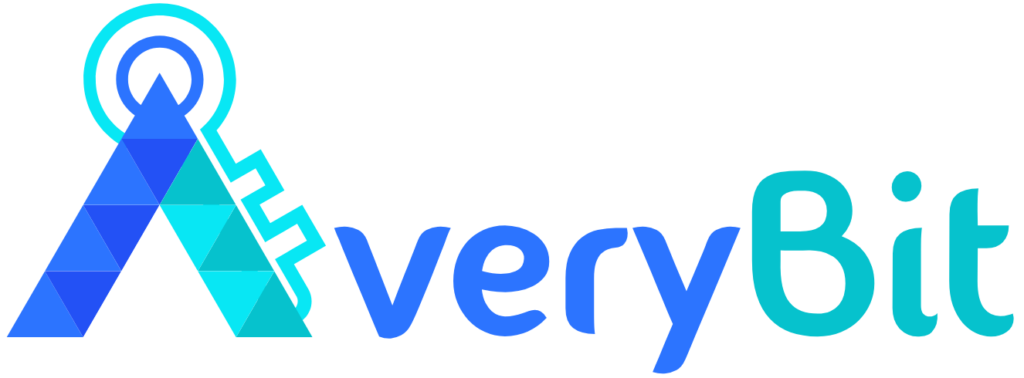In today’s fast-moving world of technology, mental health concerns are on the rise. From stress and anxiety to loneliness and depression, many people are seeking help, but not everyone is comfortable reaching out to a therapist. But as therapy demand rises, so do barriers like stigma, cost, and emotional well-being. This is where AI-powered mental chatbots can help.
But with the integration of chatbots in mental health few questions arise
- Can AI truly make any difference in something as personal as mental health?
- Can chatbots understand human emotions?
- Is it safe to share our details with AI??
Rise of AI Chatbots in Mental Wellness
AI chatbots are being trained to support emotional needs through conversation, mood tracking, journaling, and therapeutic exercise with the growth of mental wellness apps. AI chatbots are designed to
- Be there and provide support 24/7
- Provide mental health tips based on user history and inputs
- Offer non-judgmental support
The idea of having instant access to emotional support is empowering, especially when traditional therapy is expensive and not always accessible.
Let’s explore the pros and cons of chatbots in mental health from a tech wellness integration perspective
Pros of AI Chatbots
24/7 Support
Cost-Effective Tool
Non-Judgmental and Anonymous
Helpful for Clinics and Wellness Startups
Cons of AI Chatbots
Not Designed to handle a Crisis
Lack of Human Empathy
Possibility of Miscommunication
Privacy Concerns
Final Thoughts
AI-powered chatbots help to offer accessible, affordable, and stigma-free support when and where people need it most. Chatbots can’t replace humans, but they can complement the care by bridging the gap in affordability and availability.
There are both pros and cons of AI chatbots we can train and use them wisely.
At AveryBit, we help wellness brands, mental health platforms, and health-tech startups integrate smart, AI-powered solutions that are friendly for both user care and technology limitations.
